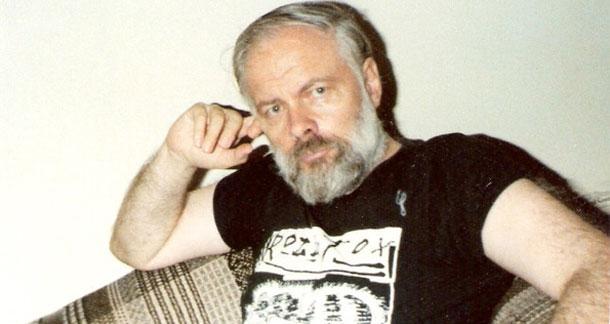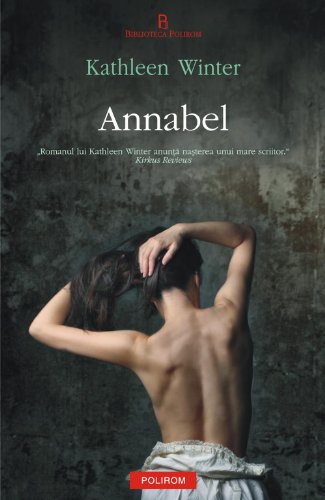Interesting times, my friends. Interesting times. The first few days of 2012 have been full on, to say the least. (And can we please call it twenty-twelve, rather than two thousand and twelve? This is the future, after all.) I am here, as promised, fulfilling my blogging duties. This week I have four and a half mini reviews for you to ponder, and one long one linked at the end.
The first is a bit of a cheat, as it is a review of a story I wrote, which is published in Fantastique Unfettered 4. I don’t know if you can get this zine in the UK yet, but if you want a copy (why wouldn’t you?) let me know and I will see what the score is. (ETA: NO IT’S TRUE IT’S ON AMAZON, PEOPLE.) Lois Tilton reviews FU4 for Locus Online, calling the zine ‘a labour of love’ and generally showering it with (completely deserved) praise. Here’s part of what she wrote about my story:
Weird, fractured narrative may take some work to follow, but there is a real, nightmarish story here.
Okay, it’s not exactly effulgent praise, but compared to previous reviews I’ve had from this source, this is LOVE. Read the rest here.
So far this year, I’ve read three novels. The first of them was Genevieve Valentine’s steampunk-apocalypse-circus story, Mechanique. It was strange in beautiful in all the right places. I loved it nearly as much as I loved her Circus Tresaulti spin-off short story in Fantasy Magazine last year – really, if you like fantasy/steampunk/sad beautiful things, you should read this writer.
Beside the Sea is a much hyped novella by Veronique Olmi. I’m sorry to say I found it kind of grim – too much desperate sentiment and not enough real emotion. The translation seemed a bit dodgy in places. Some turns of phrases were awkward, idioms used incorrectly here and there – could have been intentional but I suspect not.
I enjoyed Next World Novella, by Matthias Politycki, very much. It was even amusing in places, which I did not expect. I did wonder what more he could have done with the material had he been willing to stray into fantasy a little more – something quite wonderful, I suspect. But the writing itself is beautiful. Consider this, from the opening paragraph:
From the far end of his room autumn sunlight came flooding in, bathing everything in a golden or russet glow – the chaise-longue in the corner was a patch of melting colour. They’d have to open a window to let out all that light later.
Even the author knows that’s a good line – he finds an echo for it later on. Gorgeous writing.
I am currently reading Visitation, by Jennifer Erpenbeck. It’s so good. It’s hypnotic and brilliant. I love this novel. I wouldn’t normally recommend a book I hadn’t finished reading, but this is so good, even if the rest of the book is rubbish, it’s worth spending your cash for the first few chapters alone. They are exquisite.
Oh, and finally, here’s the review I wrote for The Future Fire of Maureen McHugh’s story collection After the Apocalypse.
I’ve started rewriting one of my novels from last year, so expect to hear a lot of moaning and complaining from me next time about how a writer’s life is so terrible and blah blah blah.
How’s your new year reading and writing going?






